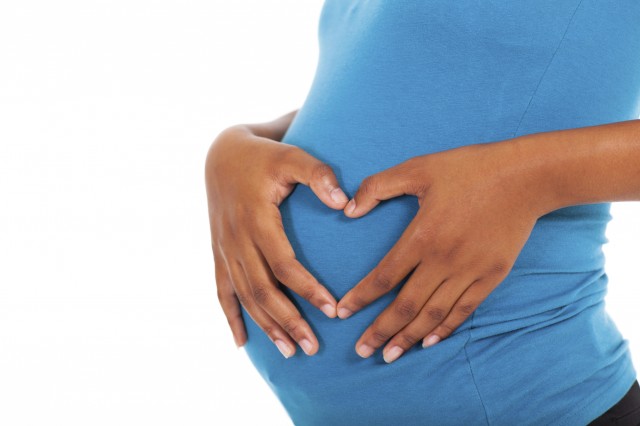As a woman who had not just her last child, but also her first child after age 33, I enthusiastically clicked on the NPR story in my Facebook feed this morning.
NPR reports that older moms -- women who had their last child after age 33 -- have twice the odds of "exceptional longevity" as women who had their last child before age 29. This "exceptional longevity" is defined as living to age 95. The research is according to a study published this week in the journal Menopause.
I got over the fact that "older moms" are women who had their last child after 33, which seems kind of young to me.
NPR explains why there may be a connection between bearing children later and longevity:
"We think that a woman's ability to have children at a later age is evidence that her reproductive system is aging more slowly, and that the rest of her system is also aging more slowly," says Thomas Perls, a geriatrician at Boston Medical Center. He's an author of the paper and a principal investigator of the Long Life Family Study, an international effort to figure out the secrets of a long and healthy life.
That might bring some comfort to older moms who have been told that they won't be able to keep up with their teenagers.
Other research also has shown that women who give birth later in life are more likely to make it to 95 or 100 years. The theory is that certain genetic variations that allow women to bear children later are also related to longevity.
"Variants allowing a woman to have children over a longer period of time would increase the chances she can pass the genes on to children and subsequent generations," says Perls. "It's essentially winning the evolutionary game."
NPR correctly points out that this "age of last child" is not perfect marker for how old a woman's reproductive system is. A woman might reasonably have decided not to have more children, even though her body was capable of going on.
